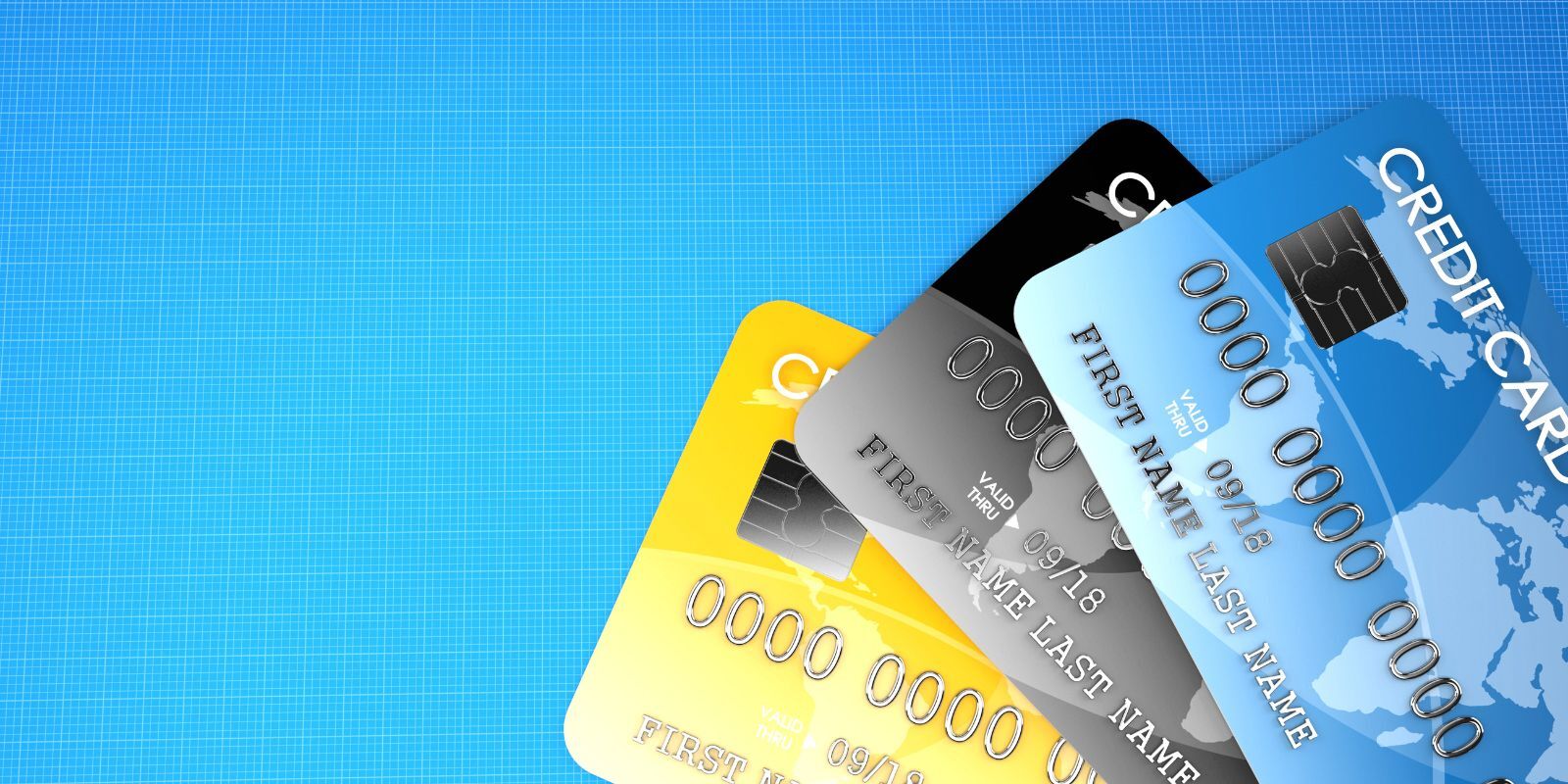Increase Member Engagement with High-Value Credit Card Loyalty Programs
With as much as 40% of an institution's Net Interest Income coming from payments, banks and credit unions cannot afford to get it wrong.
Navigate this high stakes process with precision.
A solution delivering fast, efficient, and accurate core data.
Digital solutions to grow, scale, and outperform.
Reliable, efficient, and integrated core platforms deliver results.
Select modern communications channels to integrate with core and digital solutions.
Strategic Planning
Support services for the strategic planning process at every level.
M&A Planning
Realize the key value drivers resulting from your merger or acquisition.
Performance Benchmarking
Tailored metrics and benchmarks designed to assess relationships.
Organizational Efficiency
Enhance efficiency across branches, digital channels, and contact centers.
A digital library of industry news, analysis, best practices, and thought leadership tailored to the challenges and opportunities faced by financial institutions.
Our in-depth analysis of conversion strategies, M&A activity, and the evolving landscape of financial services.
A podcast channel for the time-constrained banking professional delivering sharp insights on fintech, strategy, and leadership to help you stay ahead in a fast-changing financial world.
For 360fi Workflow clients only. Sign in to access the workflow library and other guides, forms, and tutorials.

With consumers increasingly favoring debit over credit, banks have a unique opportunity to capitalize on this trend by leveraging their partnerships with payment networks and brands, like Visa and Mastercard.
The financial landscape has seen substantial shifts in recent years. With rising interest rates, consumers are experiencing increased financial pressure. Consequently, banks can no longer depend primarily on loan interest for revenue. To sustain growth and stay competitive, they must explore alternative non-interest income sources.
Maximizing debit card revenue can significantly enhance a bank’s profitability. In addition to bolstering customer satisfaction, this strategic play ensures a competitive advantage that every bank should leverage with its payments business.
As consumer preferences evolve and carrying cash is but a distant memory, debit cards have become integral to everyday financial transactions. A December 2023 survey by Forbes Advisor found that 53% of consumers use debit cards as their primary payment method, while 37% use credit cards. Buyer trust in the security of eCommerce is rising and making purchases with a debit card online is no longer the exception but the norm.
With consumers increasingly favoring debit over credit, banks have a unique opportunity to capitalize on this trend by leveraging their partnerships with payment networks and brands, like Visa and Mastercard. These partnerships can unlock many revenue opportunities and allow banks to tap into diverse income streams. Revenue opportunities arise in various forms; net interchange fees, switch fees, and incentives are all worthy of careful consideration.
The highest non-interest income stream for a bank is net interchange fees. Although they are regulated and typically lower than those of credit cards, their high transaction volumes close that gap considerably. Switch fees are charged for processing transactions across different networks, so it is essential to ensure your bank is leveraging the right one with the greatest lift. The aggregation of [seemingly] insignificant margins across numerous transactions eventually translates into enhanced profitability for your institution.
Also, brand and network incentives can significantly increase dollars earned in the payments space. Typically offered for achieving certain transaction volumes or for promoting specific card usage behaviors, incentives promote a positive customer experience, build loyalty, and widen cross-sell opportunities.
Bank relationships with network and brand partners play a critical role in its debit card optimization strategy and ability to generate non-interest income. Although a brand or network may have served a strategic role in the past, it does not mean the same is true today. Rates paid by networks to issuers can fluctuate, making it essential to closely monitor these changes. Additionally, networks are now imposing more fees that pose a risk for even larger expenses. A vendor evaluation can ensure your bank is capitalizing on the most favorable agreements to enhance the growth and profitability of your debit card program.
Collaborating with the right partners can significantly elevate your debit card offerings and boost your bank’s non-interest income. Building a competitive program involves an extensive vendor assessment, a thorough payment processing RFP process, and meticulous contract negotiations resulting in favorable terms.
Know when to seek guidance. The payments space is intricate and requires familiarity and knowledge to navigate effectively. An organization with specialized experience in debit consulting can help with crafting a robust strategy, evaluating vendors, and negotiating contracts to propel your bank forward.

With as much as 40% of an institution's Net Interest Income coming from payments, banks and credit unions cannot afford to get it wrong.

When we see organizations making promises about buying or sharing your credit card portfolio, we need to understand all aspects of the decision.

Key Takeaways from This Blog: